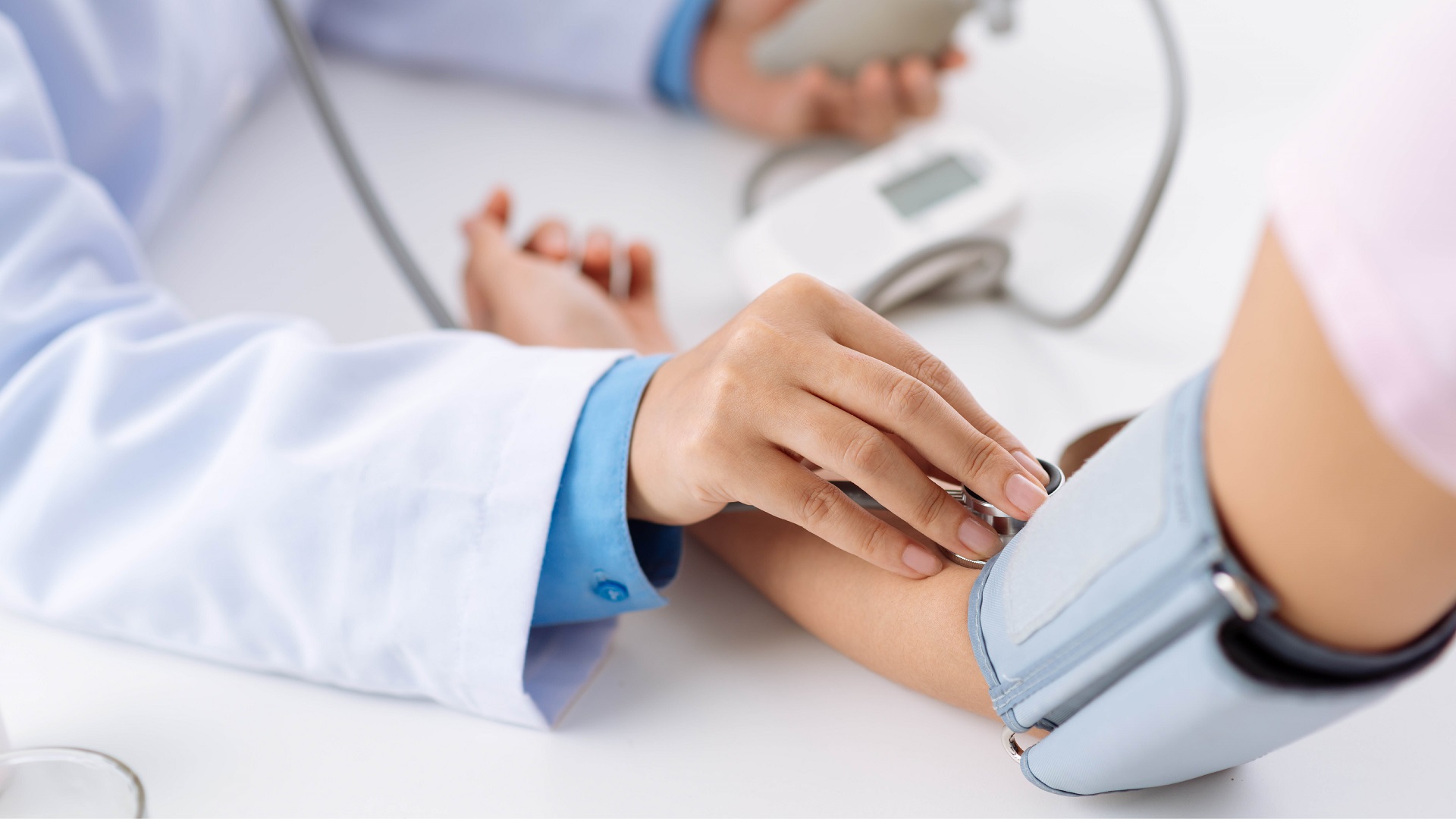Hormone Center
Hormone Center at World Medical Hospital provides services for diagnosing and balancing hormone levels in the body. They address various conditions related to hormones, such as reduced metabolism, increased body fat accumulation, sleep difficulties, irritability, dry skin, dark circles under the eyes, and reduced libido. The specialized medical team offers personalized care, adjusting hormones to address health issues and providing guidance on lifestyle adjustments to prevent hormonal imbalances.

 Location
LocationHormone Center, 4th Floor
World Medical Hospital (WMC)
 Office hours
Office hours–
 Contact us
Contact usTel. 02-836-9999 ext. *4921-3
LINE : @wmccheckup
Related Treatment Center
Check Up Center


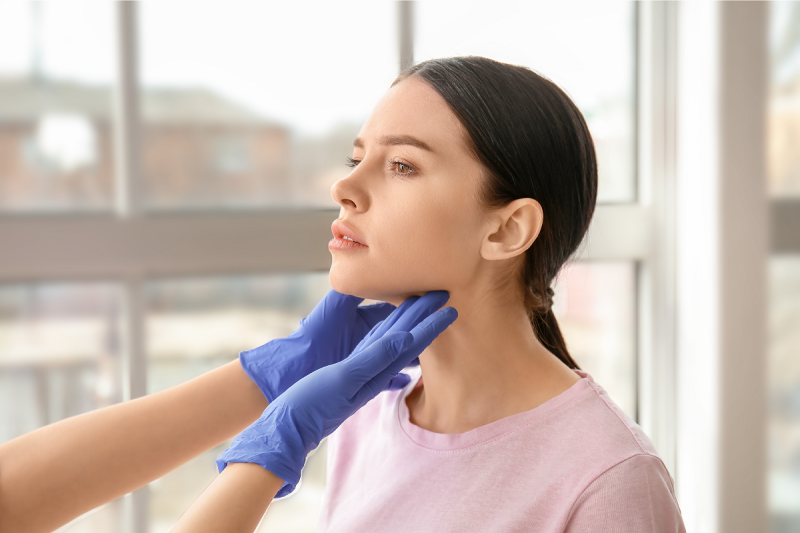

Services and treatments include

Services and treatments include
ให้บริการตรวจวินิจฉัยความผิดปกติของฮอร์โมนด้วยโปรแกรมสมดุลฮอร์โมน ได้แก่
 Health examination by physicians
Health examination by physicians Assessment of thyroid gland function
Assessment of thyroid gland function Hormone level checks, including sex hormones
Hormone level checks, including sex hormones Evaluation of happiness hormones (stress-regulating hormones)
Evaluation of happiness hormones (stress-regulating hormones) Assessment of growth hormones
Assessment of growth hormones Hormone level checks for both men and women
Hormone level checks for both men and women
For further inquiries, please contact:
Hormone Center, 4th Floor
World Medical Hospital (WMC)
Tel. 02-836-9999 ext. *4921-3
LINE : @wmccheckup
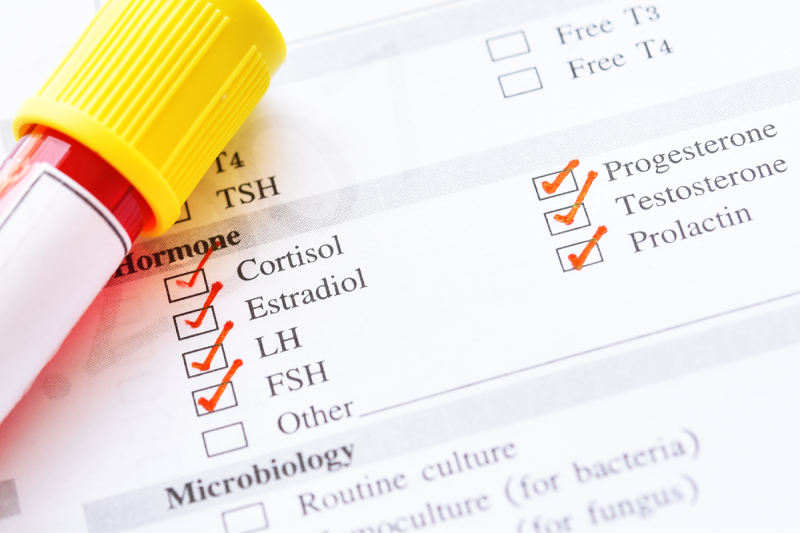
Key hormones affecting the body include:
 Estrogen E2: Female sex hormone produced naturally in the body
Estrogen E2: Female sex hormone produced naturally in the body Progesterone: Hormone related to menstruation and pregnancy
Progesterone: Hormone related to menstruation and pregnancy TSH (Thyroid-Stimulating Hormone): Stimulates the thyroid gland to produce T3 and T4 hormones for energy metabolism
TSH (Thyroid-Stimulating Hormone): Stimulates the thyroid gland to produce T3 and T4 hormones for energy metabolism Testosterone: Androgen hormone present in both males and females, crucial for growth and tissue maintenance
Testosterone: Androgen hormone present in both males and females, crucial for growth and tissue maintenance Thyroid Hormones (free T3 and free T4): Produced by the thyroid gland, regulating metabolism
Thyroid Hormones (free T3 and free T4): Produced by the thyroid gland, regulating metabolism
Hormones of the adrenal glands (DHEA-S, Cortisol): Play a key role in stress response, aging, and immune function LH (Luteinizing Hormone) and FSH (Follicle-Stimulating Hormone): Essential for reproduction
LH (Luteinizing Hormone) and FSH (Follicle-Stimulating Hormone): Essential for reproduction Prolactin: Influences pregnancy and breastfeeding
Prolactin: Influences pregnancy and breastfeeding Growth hormones (IGF-1, IGF-BP3): Involved in body repair and often referred to as “youth hormones”
Growth hormones (IGF-1, IGF-BP3): Involved in body repair and often referred to as “youth hormones” Insulin: Regulates blood sugar levels, and high insulin levels can contribute to insulin resistance and various metabolic disorders
Insulin: Regulates blood sugar levels, and high insulin levels can contribute to insulin resistance and various metabolic disorders Vitamin D: Aids in the absorption of calcium and phosphorus, maintaining normal mineral levels in the blood.
Vitamin D: Aids in the absorption of calcium and phosphorus, maintaining normal mineral levels in the blood.
For further inquiries, please contact:
Hormone Center, 4th Floor
World Medical Hospital (WMC)
Tel. 02-836-9999 ext. *4921-3
LINE : @wmccheckup

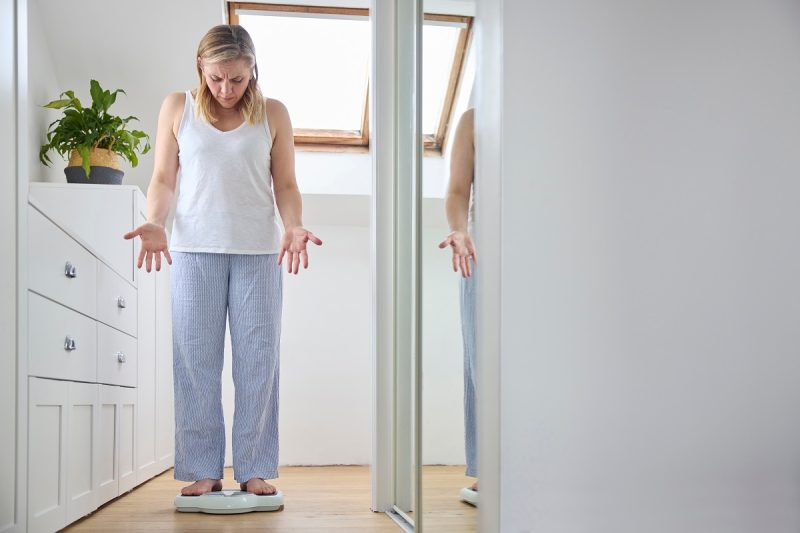
What are the symptoms indicating hormonal imbalance?
- Hot flashes
- Night sweats
- Easy irritability
- Dry skin
- Reduced sexual desire or sexual performance, dryness in the genital area
- Irregular menstruation
- Severe premenstrual syndrome (PMS) symptoms, such as irritability, insomnia, headaches, and migraines
- Difficulty sleeping, restless sleep, waking up unrefreshed
- Feeling that memory is not as sharp as before
- Reduced ability to cope with stress and daily pressure
- Easily fatigued, craving caffeine, sweetened drinks to continue working
- Difficulty losing or gaining weight, feeling a rapid change in body weight without intention
- Ineffective exercise even when exercising regularly
Why do men need to check female hormones and women need to check male hormones?
- Estrogen is crucial for sexual mood, sexual performance, and sperm production. If men have excess estrogen, it can lead to muscle loss, increased fat accumulation, difficulty conceiving, and reduced sexual performance.
- Testosterone affects bone strength, muscle mass, and female sexual mood. Excessive testosterone in women can lead to irregular menstruation, oily skin, acne, hirsutism, and the detection of ovarian cysts.
ภาวะต่อมหมวกไตอ่อนล้า
Adrenal insufficiency “adrenal fatigue” is an imbalance of hormones produced by the adrenal glands.
Common symptoms include:
- Difficulty waking up, not feeling refreshed in the morning, not wanting to sleep at night
- Feeling fatigued with low energy throughout the day
- Craving salt or salty foods
- Reduced sexual desire
- Easily irritated, upset over small matters
- Headaches, dizziness when getting up quickly
For further inquiries, please contact:
Hormone Center, 4th Floor
World Medical Hospital (WMC)
Tel. 02-836-9999 ext. *4921-3
LINE : @wmccheckup
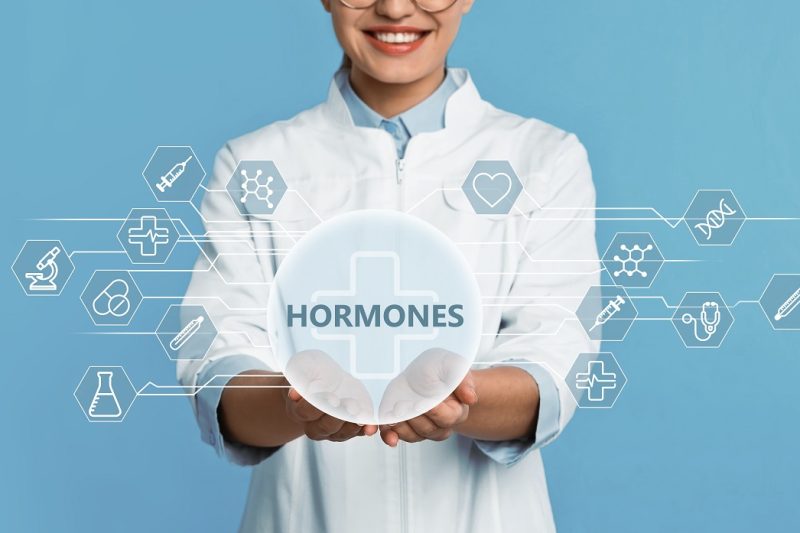
How to prepare for a hormone check
 Not necessary to fast
Not necessary to fast If possible, recommend testing in the morning around 8:00-10:00 a.m., as it is the time when cortisol and male hormones are highest in males during the day.
If possible, recommend testing in the morning around 8:00-10:00 a.m., as it is the time when cortisol and male hormones are highest in males during the day. Can be tested along with annual health check-ups, following the fasting and dietary restrictions recommended by the health check program.
Can be tested along with annual health check-ups, following the fasting and dietary restrictions recommended by the health check program. In the case of menstruating women with clear premenstrual symptoms (PMS) and a desire to assess the balance between estrogen and progesterone, it is recommended around day 21 of the menstrual cycle (counting from the first day of menstruation, which is day 1 of the cycle).
In the case of menstruating women with clear premenstrual symptoms (PMS) and a desire to assess the balance between estrogen and progesterone, it is recommended around day 21 of the menstrual cycle (counting from the first day of menstruation, which is day 1 of the cycle). If taking birth control pills or hormone supplements, it is essential to inform about the history of these medications.
If taking birth control pills or hormone supplements, it is essential to inform about the history of these medications.
สิ่งที่ได้รับจากการตรวจสมดุลฮอร์โมน
- ช่วยให้รู้ระดับฮอร์โมนที่สำคัญของร่างกาย
- หากพบภาวะไม่สมดุล จะได้ดูแลฟื้นฟูอย่างถูกต้องตรงจุด
- มีแพทย์ชำนาญการให้คำแนะนำอย่างใกล้ชิด และเหมาะสมเฉพาะแต่ละบุคคล
- ปรับเปลี่ยนไลฟ์สไตล์ให้ตรงกับตัวเรา
- การให้ฮอร์โมนทดแทน เพื่อชดเชยส่วนที่ขาด
- มีการติดตามผลอย่างต่อเนื่อง
For further inquiries, please contact:
Hormone Center, 4th Floor
World Medical Hospital (WMC)
Tel. 02-836-9999 ext. *4921-3
LINE : @wmccheckup

Treatment Guidelines
Hormone Therapy: Adjusting hormones to an individual’s balance for health, based on a physician’s evaluation. The doctor considers the type of hormones that show abnormalities and adjusts them according to the individual’s health issues. Hormones are administered based on each person’s response, with intervals between treatments ranging from approximately every 1-2 weeks to 1 month. Follow-up tests are conducted with each visit to monitor results.
For further inquiries, please contact:
Hormone Center, 4th Floor
World Medical Hospital (WMC)
Tel. 02-836-9999 ext. *4921-3
LINE : @wmccheckup
Our services
Articles
- Health articles
- VDO health articles
- News and activities





